Puma is a name synonymous with performance, style, and athleticism in the footwear industry. From the streets to the tracks, Puma shoes have carved out a significant place in the hearts of sneaker enthusiasts and athletes alike. But who actually owns Puma shoes? In this article, we delve into the ownership structure of Puma, its company’s history, and the impact it has made, particularly in the U.S. footwear niche.
The Ownership Structure of Puma
To understand who owns Puma shoes, we need to look closely at the company’s ownership structure. Puma is a publicly traded company, which means it has shareholders who own its stock. The primary shareholders are institutional investors, while the largest single stakeholder is the Kering Group, a luxury goods conglomerate based in France. Kering acquired a controlling interest in Puma in 2007, solidifying its position as a major player in the global athletic footwear market.
What is the Kering Group?
Kering was founded by François Pinault and is known for its portfolio of luxury brands such as Gucci, Saint Laurent, and Balenciaga. The acquisition of Puma was part of Kering’s strategy to diversify its offerings and tap into the growing demand for sports and lifestyle products. Under Kering’s leadership, Puma has accelerated its growth and expanded its global footprint significantly.
Puma’s Public Trading Status
As Puma is publicly listed on the Frankfurt Stock Exchange, anyone can buy shares of the company. However, Kering remains the single largest shareholder. This unique structure allows Puma to operate with some degree of independence while benefiting from the resources and expertise of its parent company. The company’s financial performance is closely monitored by investors, and its quarterly results are eagerly awaited by market analysts and enthusiasts.
The History of Puma: A Legacy in Footwear
Puma was founded in 1948 by Rudolf Dassler after splitting from his brother Adolf Dassler, who established Adidas. The rivalry between the two brothers gave rise to two of the most prominent athletic footwear brands in history. Puma’s initial offerings were focused on soccer shoes, and the brand quickly gained popularity among professional athletes.
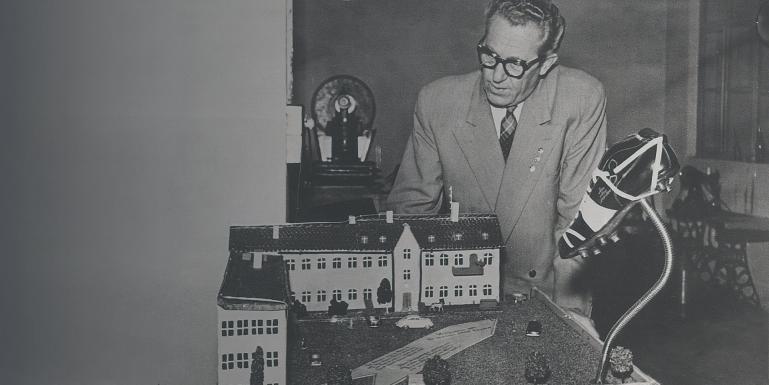
Innovative Footwear Designs
Puma has a history of innovation and design, launching several iconic products over the decades. The Puma Suede, introduced in the 1960s, became a favorite in basketball and street culture. Likewise, the Puma Clyde was tailored for basketball legend Walt “Clyde” Frazier and has since become a staple not just on the court but also in everyday fashion.
Puma in Sports and Fashion Culture
Puma’s influence extends beyond sports. The company has collaborated with various designers and celebrities, influencing fashion trends worldwide. Collaborations with artists like Rihanna and Selena Gomez have placed Puma at the forefront of lifestyle footwear, melding sport and fashion in unprecedented ways.
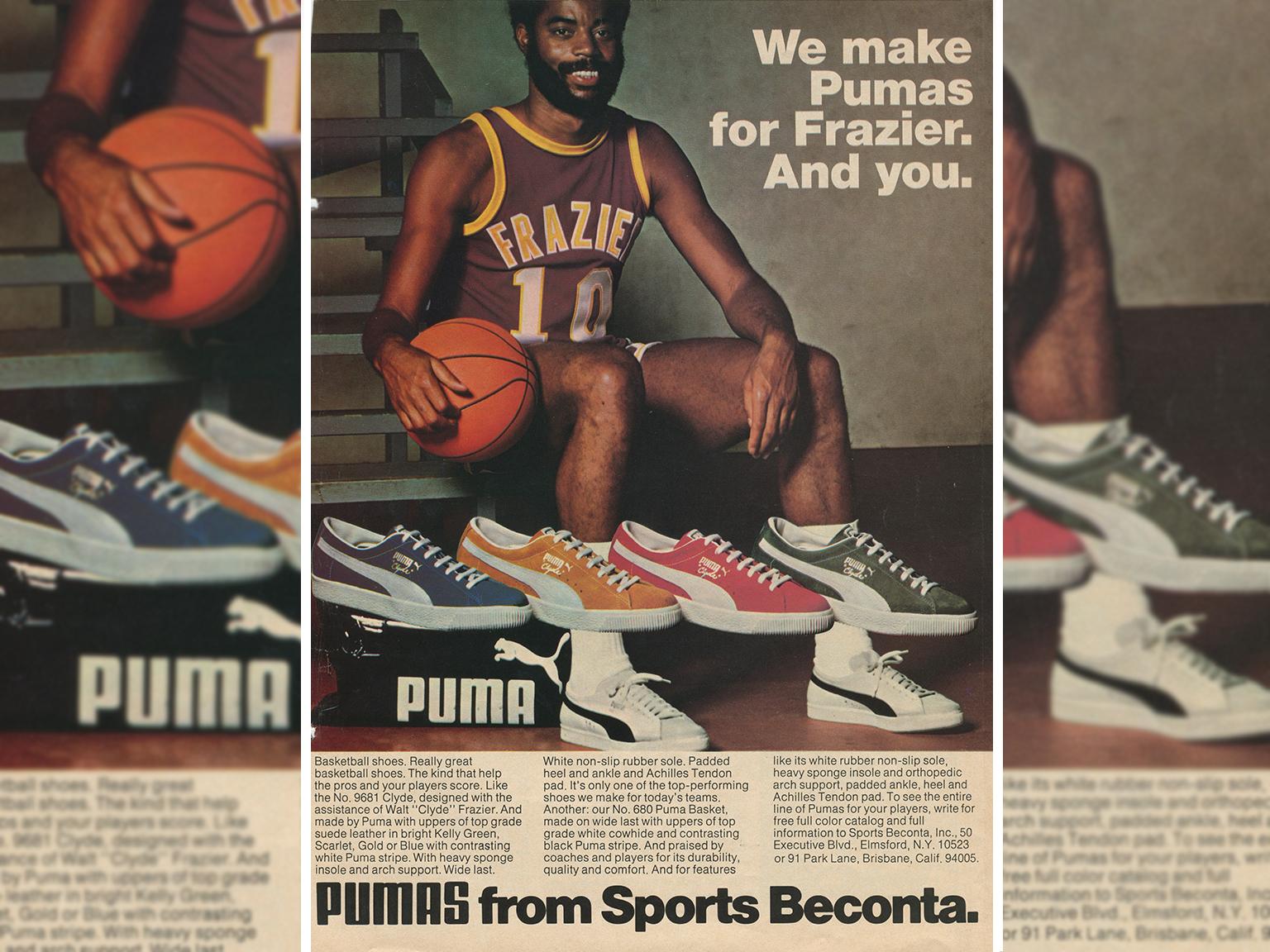
The Impact of Puma in the U.S. Footwear Market
In the U.S. market, Puma has established itself as a formidable competitor. The brand’s resurgence in popularity, especially among younger consumers, can be attributed to its strategic marketing and collaborations. Unlike other athletic brands that focus solely on performance, Puma’s marketing strategy blends fashion with athleticism, appealing to a broader audience.
Real-World Experiences with Puma Footwear
Many footwear enthusiasts have shared their experiences wearing Puma shoes. For instance, users often praise the comfort and durability of Puma running shoes, making them a go-to choice for regular joggers. Social media platforms showcase countless posts featuring street style looks centered around Puma sneakers, highlighting their versatility in both athletic and casual settings.
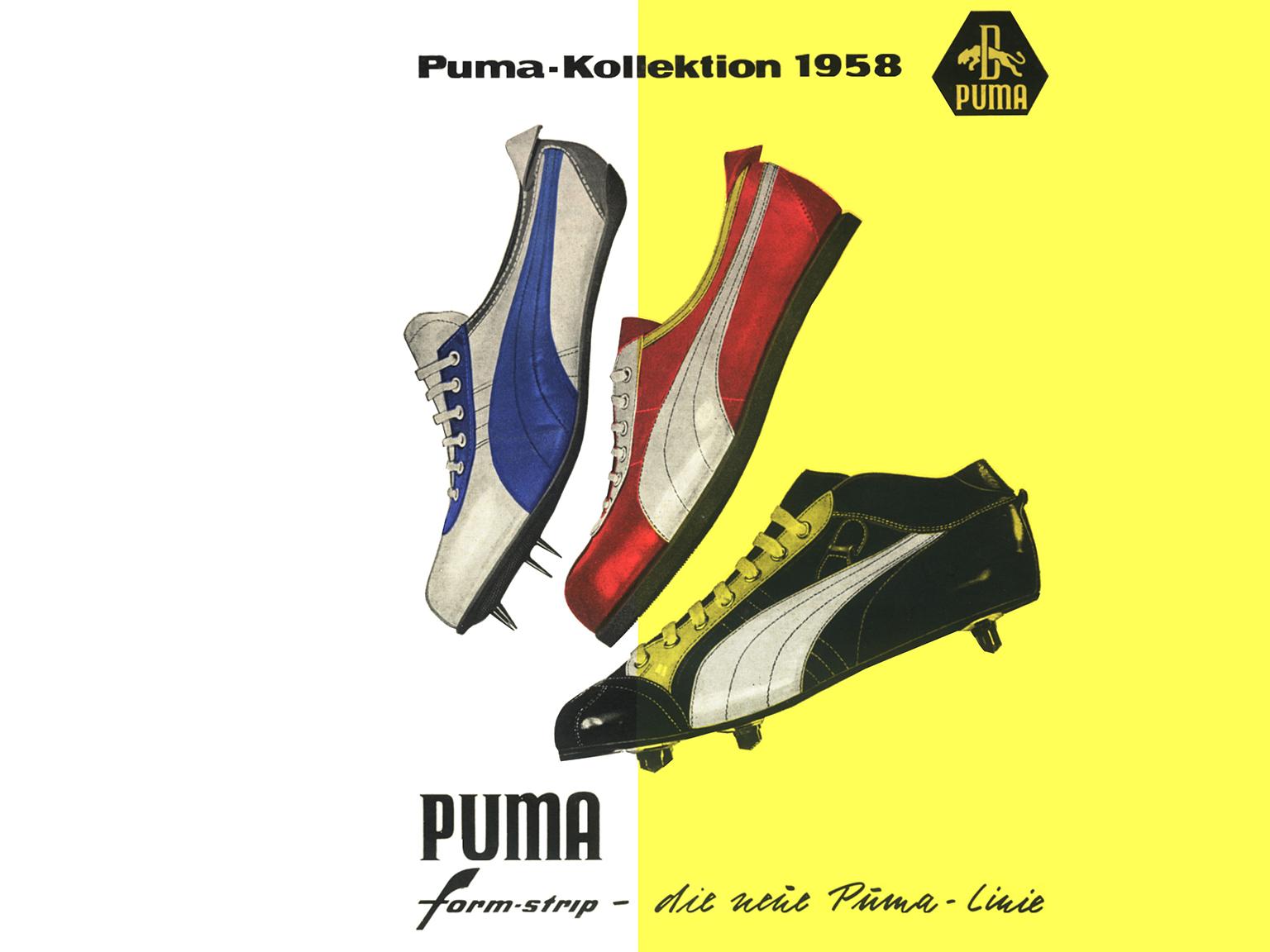
Case Study: Puma’s Collaboration with Selena Gomez
Selena Gomez’s collaboration with Puma launched a line of stylish yet functional footwear that was well-received. Reviews praised the shoes for their comfort and chic design, which resonated with fans of both the singer and the brand. This collaboration not only boosted Puma’s sales but also expanded its reach into the pop culture domain, attracting non-traditional footwear consumers.
Puma Footwear Comparison Table
| Model | Type | Best For | Price Range | User Rating |
|---|---|---|---|---|
| Puma Suede | Casual Sneaker | Fashion & Streetwear | $70-$110 | 4.5/5 |
| Puma RS-X | Running Shoe | Running & Training | $110-$150 | 4.7/5 |
| Puma Ignite | Running Shoe | Cushioning & Comfort | $100-$130 | 4.6/5 |
| Puma Clyde | Basketball Shoe | Street Style | $90-$120 | 4.5/5 |

Tips for Choosing the Right Puma Shoes
- Know Your Purpose: Determine what activities you’ll be doing—running, casual wear, or sports—and select a model designed for that purpose.
- Consider Fit: Select the right size and ensure a comfortable fit. Puma offers extended size options, so check available choices.
- Look for Technology: Investigate the technologies used in Puma shoes, like cushioning systems and breathable materials, to enhance your experience.
- Assess Your Style: Puma shoes come in various styles and colors. Choose one that complements your wardrobe.
- Read Reviews: User ratings and reviews provide insights into real-world experiences that can guide your decision.
Pros and Cons of Puma Footwear
Pros
- Wide variety of styles for different activities.
- Innovative technology for comfort and performance.
- Strong brand collaborations with celebrities.
- Durable materials ensuring longevity.
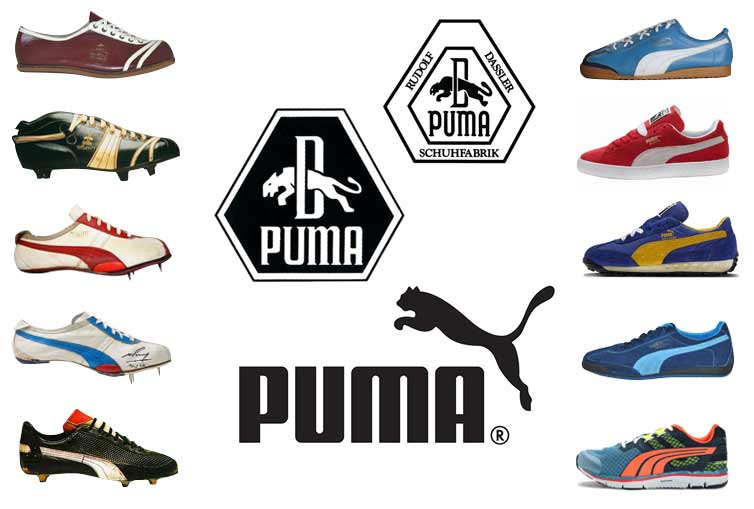
Cons
- Some models may be pricey compared to other brands.
- Availability can vary by region.
- Certain styles may not have as much athletic endorsement as competitors.
Frequently Asked Questions (FAQs)
Who founded Puma?
Puma was founded by Rudolf Dassler in 1948 after splitting from his brother Adolf Dassler, who created Adidas.
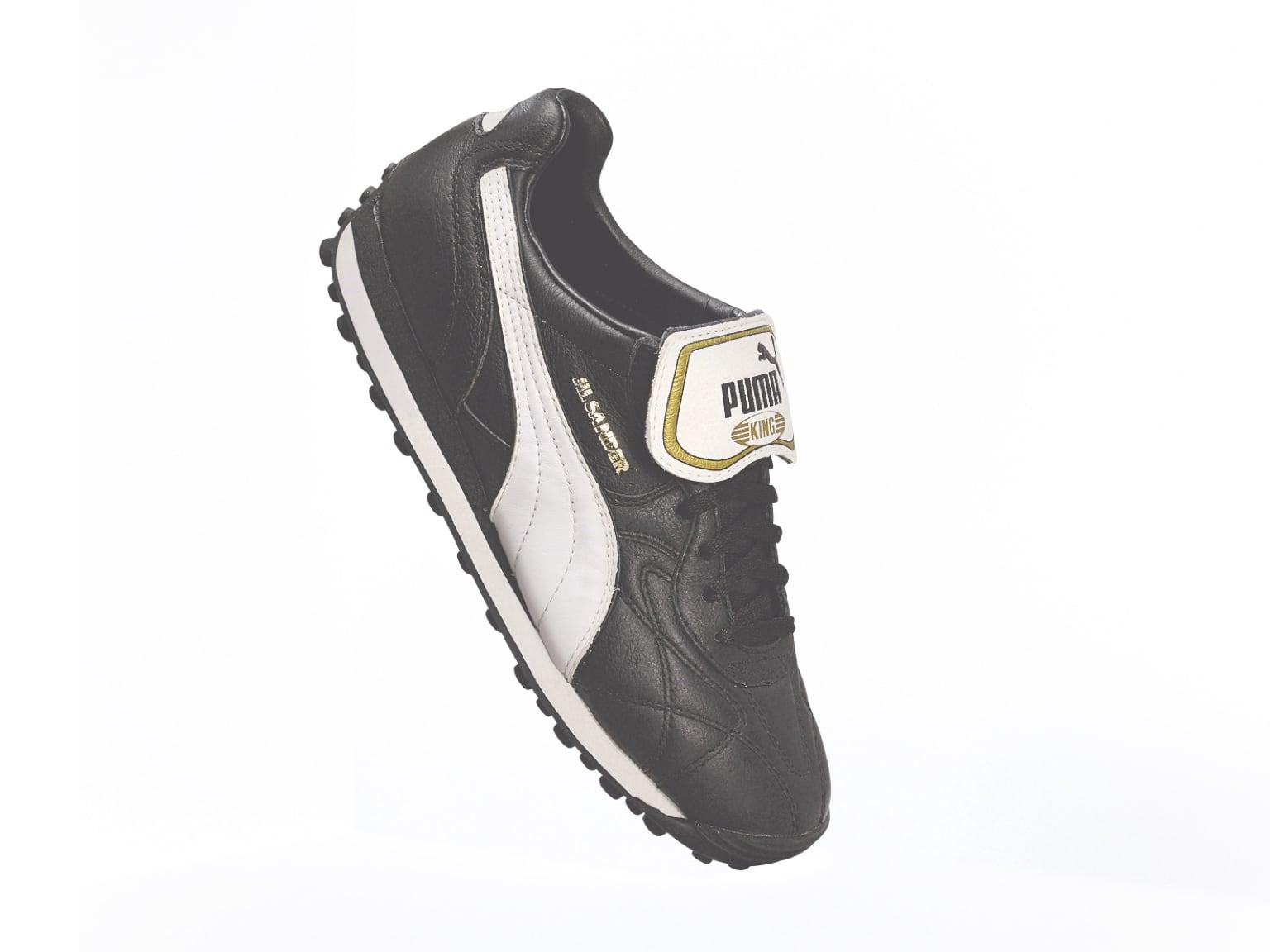
Where is Puma headquartered?
Puma is headquartered in Herzogenaurach, Germany.
Is Puma a publicly traded company?
Yes, Puma is publicly traded on the Frankfurt Stock Exchange under the stock symbol PUM.
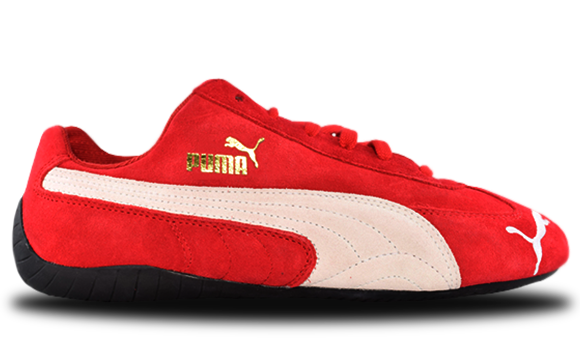
What type of footwear does Puma offer?
Puma offers a wide variety of footwear, including running shoes, soccer cleats, casual sneakers, lifestyle shoes, and more.
How can I find my perfect size in Puma shoes?
Check the Puma size chart on their official website or at the retailer to ensure you select the correct size.
Are Puma shoes suitable for running?
Yes, Puma designs specific models for running, featuring technology that prioritizes comfort and performance.
What are some popular Puma collaborations?
Popular collaborations include those with artists like Rihanna and Selena Gomez, which have produced trendy and fashionable footwear lines.
How does Puma compare to other athletic shoe brands?
Puma blends fashion and performance, distinguishing itself from brands focused solely on athletics. Their collaborations with celebrities attract a more diverse consumer base.
What is Puma’s approach to sustainability?
Puma is committed to sustainability, investing in eco-friendly materials and practices, which can enhance its appeal to environmentally conscious consumers.
Where can I buy Puma shoes?
Puma shoes are available at major retailers, online sports stores, and Puma’s official website, providing numerous shopping options.
Is Puma involved in any community initiatives?
Yes, Puma participates in various community programs and initiatives, focusing on sports accessibility and youth engagement in physical activities.
Final Thoughts
In conclusion, Puma’s ownership under Kering and its historical legacy have played pivotal roles in shaping its current status in the footwear industry. With a strong emphasis on innovation, design, and cultural relevance, Puma continues to be a leader in both the sports and fashion arenas. Whether you’re a professional athlete or a fashion enthusiast, Puma shoes offer something for everyone. As the brand evolves, it remains to be seen how it will further entrench its legacy while meeting the needs of a diverse consumer base.